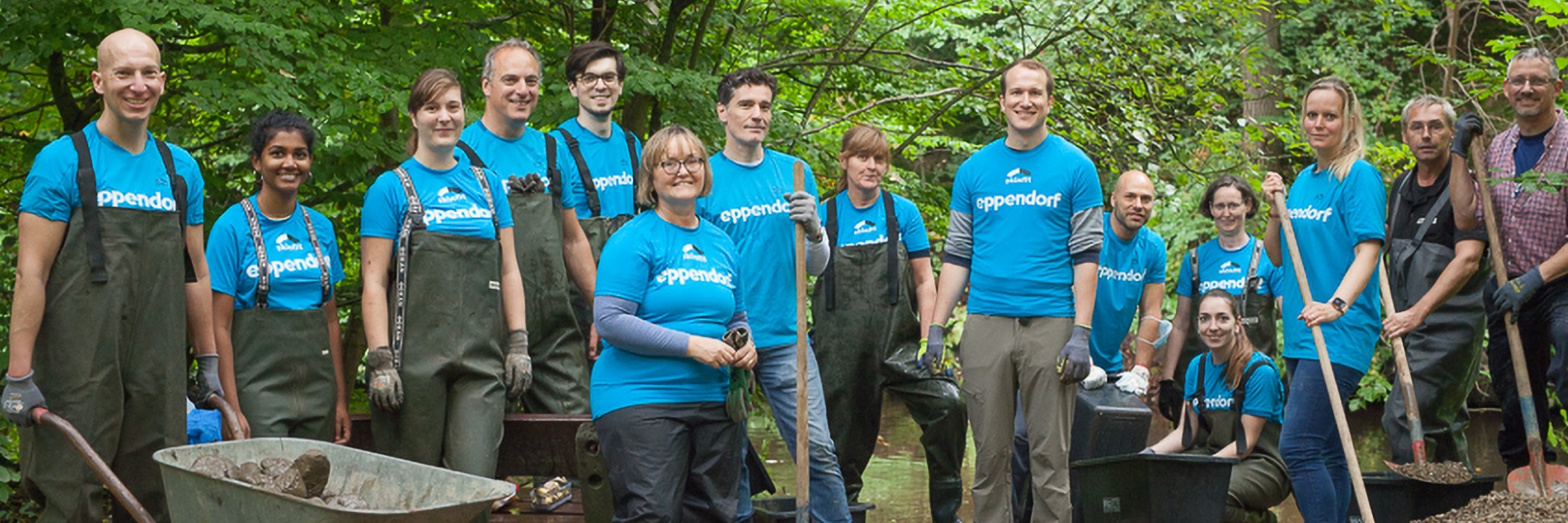
Social Engagement
As a family-owned company, Eppendorf can look back on an impressive history of social engagement practiced at every level. Eppendorf’s activities as a corporate citizen are motivated by our purpose of helping to improve human living conditions. Our commitment to society focuses primarily on supporting community activities in the areas surrounding the locations where we operate. In this context, we concentrate our resources on carefully chosen initiatives and projects with which we can use our commitment to make the biggest impact. The main areas we focus on are education and science, humanitarian and social projects, as well as community and environmental projects.
Commitment rooted in the company
We established the Corporate Citizenship & Governmental Affairs department at Eppendorf in April 2021. Its role is to engage in open and purposeful communication with stakeholders, including institutions such as industry associations, NGOs and non-profit organizations, as well as with political decision-makers. It is also tasked with managing Eppendorf’s donations and sponsoring activities as well as monitoring their impact. The department coordinates all global and local activities in this regard based on a set of clear strategic objectives that are consistent with Eppendorf’s corporate vision and communicates them in collaboration with the Corporate Communications department. As a general rule, all sponsorship activities and donations must comply with the applicable statutory requirements, with strict ethical standards, and with our Code of Conduct.
Projects supported by Eppendorf – a few examples
Eppendorf Improving Life Program
The Eppendorf Improving Life Program is an international project that helps people who are unable to help themselves due to circumstances beyond their control. The program, which we launched to mark Eppendorf’s 75th anniversary in 2020, is endowed with an annual sum of €75,000 that is donated to a global aid organization every year to provide substantial support for their work. Eppendorf is currently partnering with Plan International Deutschland, a children’s aid organization working to improve the living conditions of children and adolescents in over 70 countries around the world. One of the focal points of Plan International Deutschland’s work is the education and empowerment of girls.
We selected the Clean Water for Ghana project for 2021 and 2022. The project, which serves 36 communities in Ghana’s Volta, Eastern and Central regions, aims to improve the supply of drinking water, sanitation and hygiene, especially for girls. In total, around 32,000 people benefit from the measures.
The final report will be published in summer 2022, thereby bringing the project to a conclusion. From 2023 on, Eppendorf plans to sponsor a new project organized by Plan International Deutschland.
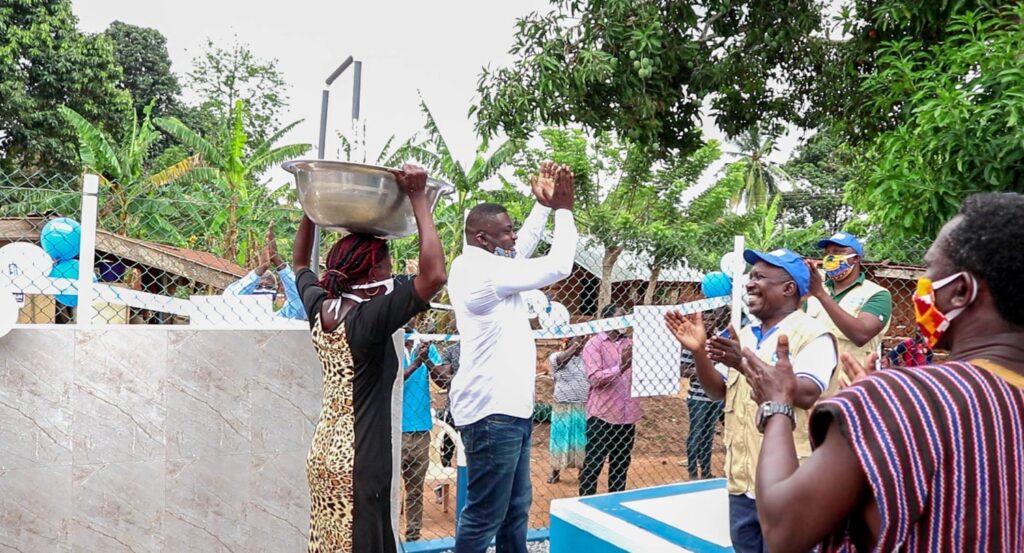
Although Ghana has experienced economic growth in recent years, living conditions in many places continue to lag behind the progress achieved. In rural areas, only 66% of the population has access to clean drinking water, and only 9% has sanitary facilities. The availability of water and sanitary facilities in schools is also inadequate. Women and girls have traditionally been responsible for managing the supply of water for their families. Due to the long distances they have to cover to reach sources of drinking water, girls are often unable to go to school. Fresh water wells drilled by Plan International in Ghanaian villages now give them more time and energy to focus on their education. Plan International’s construction of sanitary facilities also provides the girls with a safe space to maintain their hygiene.
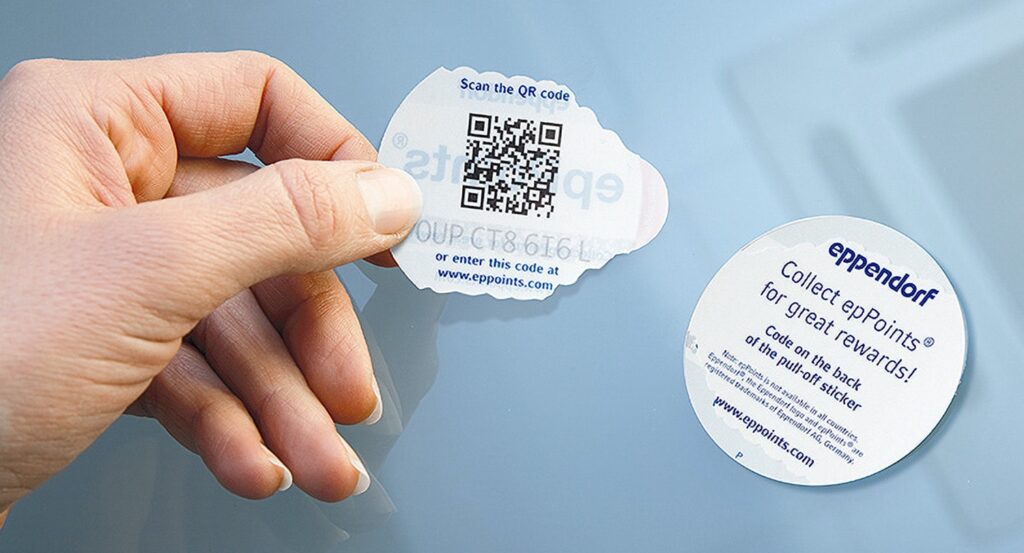
Donating epPoints® to support forest protection
Eppendorf launched the epPoints bonus scheme in 2005. Our customers can use the points to acquire a variety of rewards from the Lifestyle, Office and Laboratory categories, as well as selected Eppendorf products. At the same time, the epPoints scheme also gives them the chance to make a donation to a good cause. Since 2014, our customers have been able to donate their accumulated epPoints to a project chosen by Eppendorf on behalf of the association GEO schützt den Regenwald (GEO protects the rainforest). For every 75 epPoints, €1 is contributed to the project budget. In the period between December 2020 and November 2021, our customers donated epPoints with a total value of €2,458. Thanks to the donation we made in 2021, GEO will plant 1,640 trees in Nepal this year.
Eppendorf Award for Young European Investigators
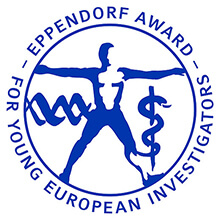
Eppendorf established the Eppendorf Award for Young Investigators on the occasion of its 50th anniversary in 1995. The award, organized in partnership with the science journal Nature, acknowledges outstanding contributions to biomedical research in Europe based on methods of molecular biology, including novel analytical concepts. Its purpose is to provide support specifically for young, talented researchers.

The prestigious research award was conferred for the 26th time in 2021. The €20,000 award was received by Dr. Tanmay Bharat. The researcher, born in 1985, is a group leader at Sir William Dunn School of Pathology, a research department of Oxford University in the United Kingdom. The independent panel, chaired by Professor Reinhard Jahn, recognized Bharat’s pioneering work on the structure and function of extracellular surface layers that surround and protect prokaryotic cells.
Eppendorf & Science Prize for Neurobiology
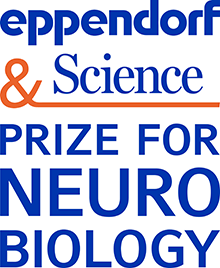
The international Eppendorf & Science Prize for Neurobiology is also aimed at young scientists. Since 2002, the award has been granted annually to researchers under 35 years of age. The prize was established by Eppendorf in partnership with the international non-profit organization American Association for the Advancement of Science (AAAS), which publishes the journal Science. The initiative is our way of acknowledging the increasing importance of neurobiological research in advancing our understanding of how the brain and nervous system function. Both of the prizes sponsored by Eppendorf are recognized as prestigious awards within the scientific research community.

The winner of the 2021 Eppendorf & Science Prize for Neurobiology is Amber L. Alhadeff, Ph.D. The award recognizes her outstanding research on gut-brain control of hunger circuits. Alhadeff’s work investigates the link between hunger circuits in the brain and inputs and outputs from the rest of the body. The goal is to discover how hunger-sensitive neurons are modulated by what we eat and how their activity can alter our behavior. Her research helps to answer such questions as why we behave differently when we have not eaten, and why we perceive the world differently, depending on whether we are hungry or full.
